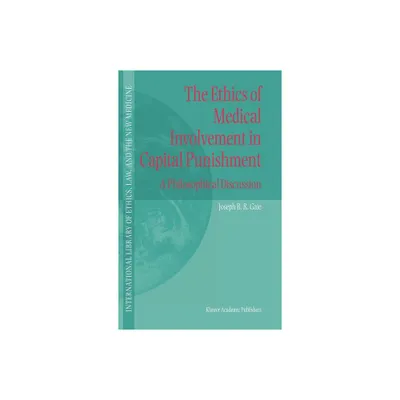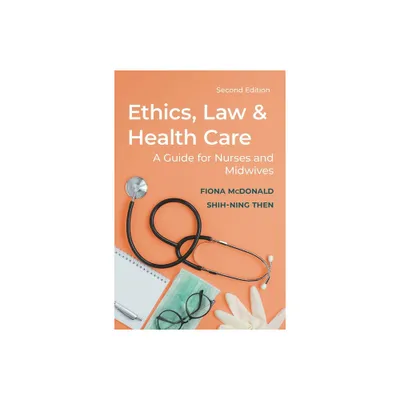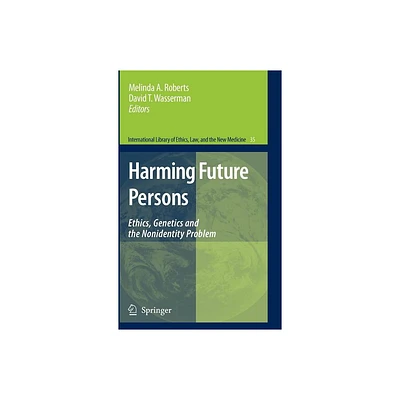Home
Justice and Beauty Muslim Marriage: Towards Egalitarian Ethics Laws
Loading Inventory...
Barnes and Noble
Justice and Beauty Muslim Marriage: Towards Egalitarian Ethics Laws
Current price: $27.95


Barnes and Noble
Justice and Beauty Muslim Marriage: Towards Egalitarian Ethics Laws
Current price: $27.95
Loading Inventory...
Size: Paperback
*Product Information may vary - to confirm product availability, pricing, and additional information please contact Barnes and Noble
Many contemporary Muslim family laws rest on patriarchal concepts. The time for change is now.
The model of marriage constructed in classical Islamic jurisprudence rests on patriarchal ethics that privilege men. This worldview persists in gender norms and family laws in many Muslim contexts, despite reforms introduced over the past few decades.
In this volume, a diverse group of scholars explore how egalitarian marital relations can be supported from within Islamic tradition. Brought together by the Musawah movement for equality and justice in the Muslim family, they examine ethics and laws related to marriage and gender relations from the perspective of the Qur’an, Sunna, Muslim legal tradition, historical practices and contemporary law reform processes. Collectively they conceptualize how Muslim marriages can be grounded in equality, mutual well-being and the core Qur’anic principles of
‘adl
(justice) and
i
hsan
(goodness and beauty).
The model of marriage constructed in classical Islamic jurisprudence rests on patriarchal ethics that privilege men. This worldview persists in gender norms and family laws in many Muslim contexts, despite reforms introduced over the past few decades.
In this volume, a diverse group of scholars explore how egalitarian marital relations can be supported from within Islamic tradition. Brought together by the Musawah movement for equality and justice in the Muslim family, they examine ethics and laws related to marriage and gender relations from the perspective of the Qur’an, Sunna, Muslim legal tradition, historical practices and contemporary law reform processes. Collectively they conceptualize how Muslim marriages can be grounded in equality, mutual well-being and the core Qur’anic principles of
‘adl
(justice) and
i
hsan
(goodness and beauty).


















